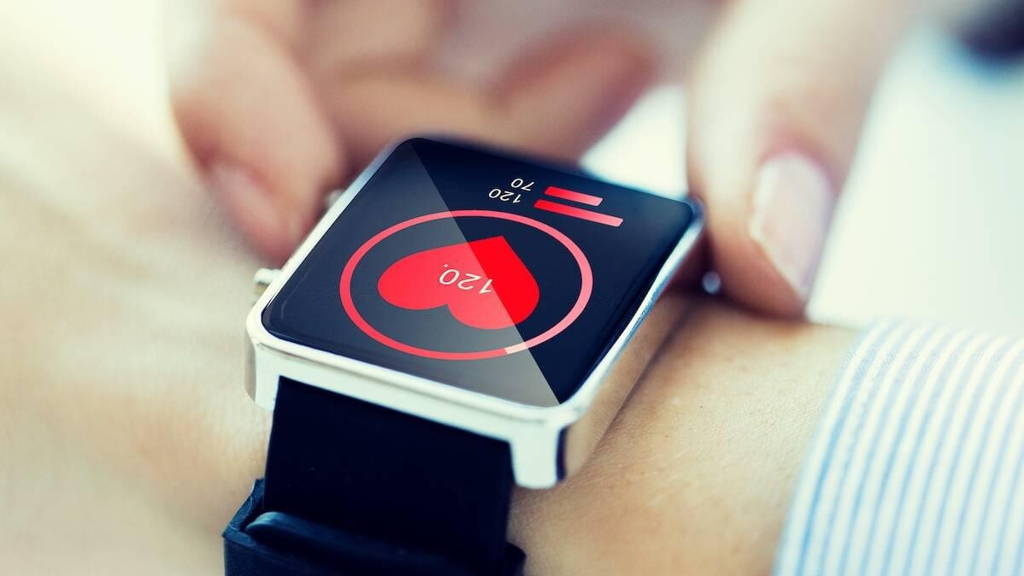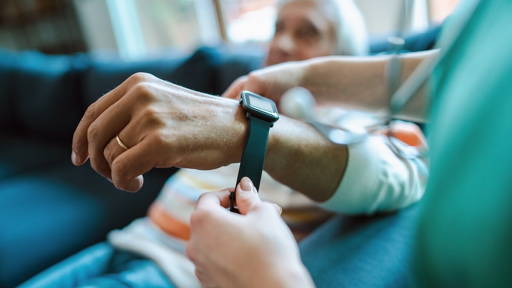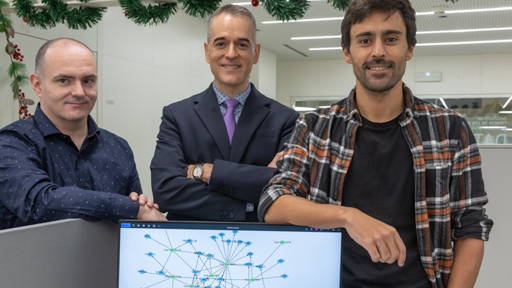When it comes to detecting and treating a heart attack, every second counts. Scientists at the University of Mississippi have now developed a new, wearable, technology that can detect heart attacks up to two times faster and more accurately than existing, traditional methods. The scientists developed a chip using AI and advanced mathematical models. The chip can analyze electrocardiograms (ECGs) in real time to detect a heart attack.
In the Netherlands, about 90 people end up in the hospital every day with a heart attack (figures from the Hartstichting). Of these, an average of 14 die. In the U.S., someone dies of a heart attack every 40 seconds. "In the case of a heart attack, sometimes just a few seconds can make the difference between life and death," he said. "The earlier you can treat a patient in a heart attack, the lower the chance of permanent damage," says University of Mississippi researcher Kasem Khalil.
Faster and more accurate
Khalil and his team used AI and advanced mathematical models to design a chip that can analyze electrocardiograms (ECGs) and detect a heart attack in real time. The resulting technology is lightweight, portable, energy efficient and can be integrated into wearables. Think smartwatches capable of taking an ECG or wearable heart monitors. With an accuracy of 92.4 percent, this new technology works better than many current methods.
"Compared to traditional methods, our technology is up to twice as fast and still very accurate. Our goal was not only to improve performance in classifying heart attacks, but also to optimize the design. If we want this device to be usable by everyone, it must be lightweight and affordable," Khalil said. The results of the study were published in Springer Nature.
Heart attack (risk) detection with AI
Last year, Caristo Diagnostics developed an AI algorithm that detects hidden inflammation in the heart that is not visible on regular CT scans. These inflammations are important risk factors for heart attacks. In a pilot study in Britain conducted at five hospitals, the CaRi-Heart platform analyzed CT scans of patients with chest pain. The technology identified patients with a 20- to 30-fold increased risk of heart attack within 10 years. Nearly half of these patients (45%) could be helped with medication or lifestyle interventions, significantly reducing the risk of heart attack.
A few weeks ago at the Annual Scientific Session (ACC.25) of the American College of Cardiology, researchers presented a method that makes it possible to assess heart condition using data from a smartwatch (Fitbot). Dividing the average heart rate per day by the total number of steps on that same day produces the Daily Heart Rate per Step (DHRPS). This DHRPS appears to be a more reliable indicator of cardiovascular fitness. Their findings suggest that DHRPS may serve as an early indicator of who might benefit from additional screening or cardiovascular training to improve cardiac function.







